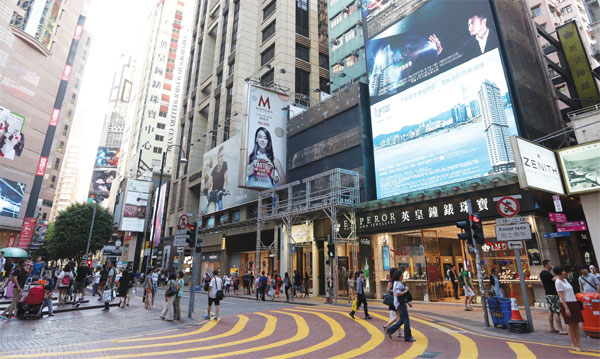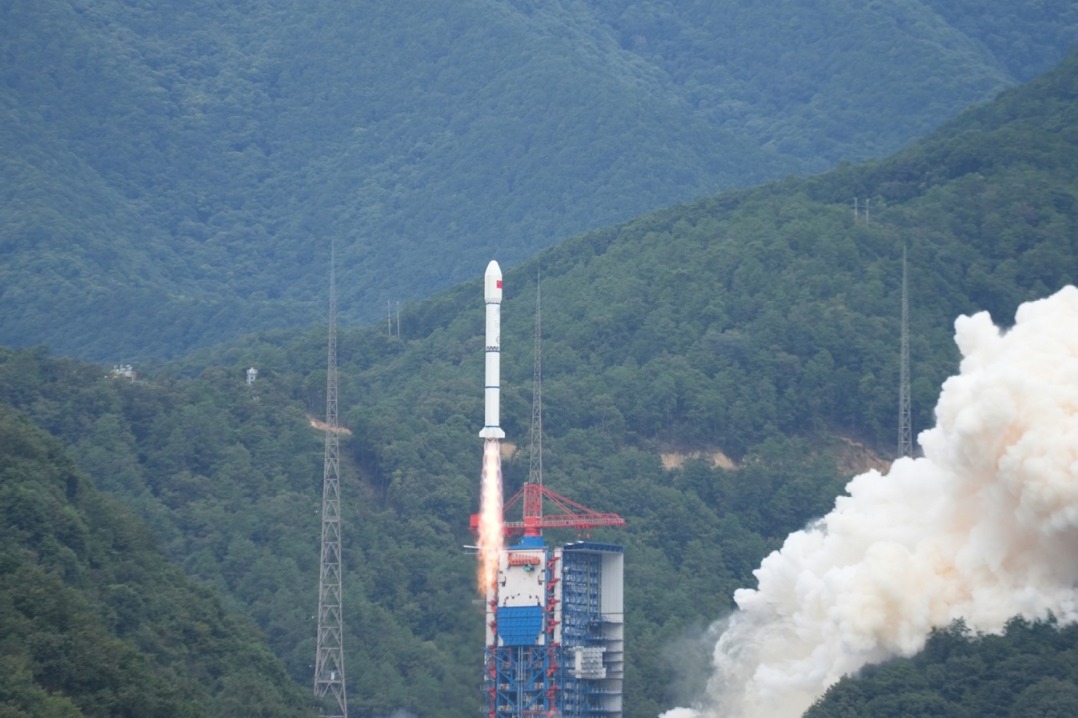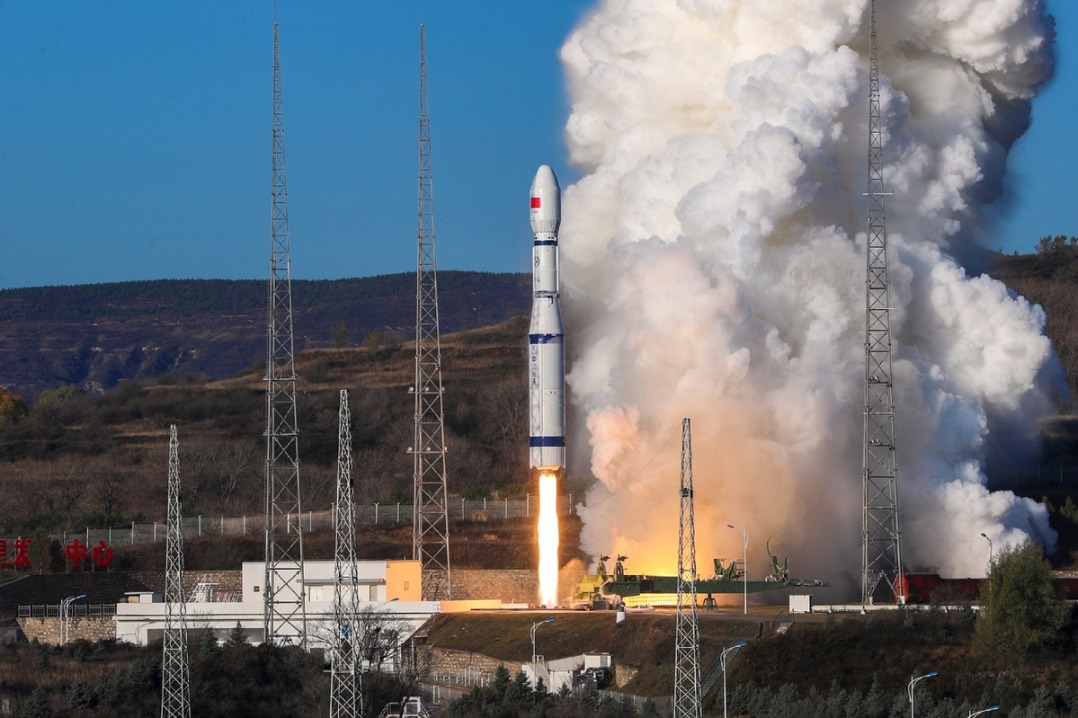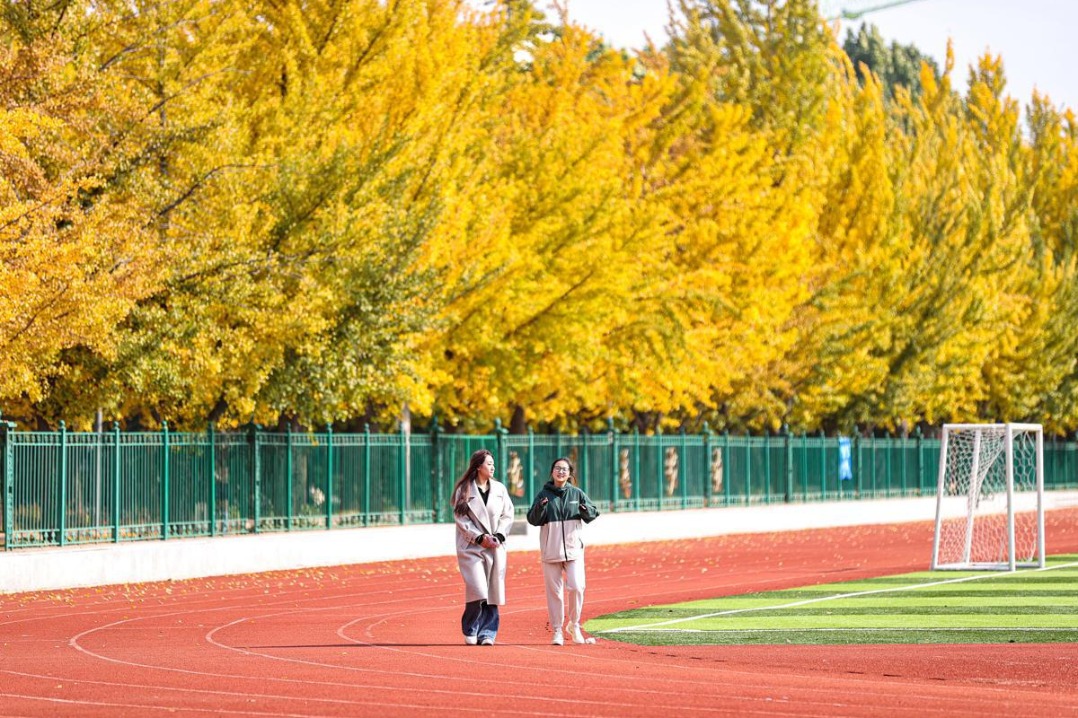HK needs a plan for the longer term


Hong Kong Chief Executive Carrie Lam Cheng Yuet-ngor, in preparation for her 2020 Policy Address, is currently collecting views and ideas from all walks of life and political organizations.
So far, she has revealed that in the policy address, she will discuss political matters and show Hong Kong society as well as the central authorities her plan for putting the political scene in the right order.
With the Hong Kong Special Administrative Region still facing challenges from the COVID-19 pandemic, including the possibility of another wave of infections and the stunned economy, the new address will present a raft of measures to contain COVID-19 while working on solutions for economic and public health recovery.
That said, here is an issue Lam should not overlook: The new policy address should include a socioeconomic development strategy for the next five to 10 years, because Hong Kong's society needs a clear goal.
The address is to be presented on Oct 14, which is why most of the policies and measures it covers will be aimed at the year 2021. Just a reminder for Hong Kong society: The country will begin implementing the 14th Five-Year Plan (2021-25) next year.
President Xi Jinping, in a speech at a symposium with the country's top socioeconomic experts on Aug 24, said, "In the 14th Five-Year Plan period, our nation, after achieving the first 'centennial goal' (of becoming a relatively well-off society by the time the Communist Party of China celebrates its 100th anniversary in July 2021), will sustain the momentum and start pursuing the second 'centennial goal' (of becoming a prosperous, strong modern socialist country by the time the People's Republic of China celebrates its centenary on Oct 1, 2049). It will be the beginning of a new phase of development for the nation."
Hong Kong's future growth requires the integration of its development into the national development strategy, which means the chief executive must have an intermediate-to long-term development strategy for Hong Kong.
Hong Kong does have such plans for land supply and new town construction projects.
Lam proposed, in her 2018 Policy Address, the "Lantau Tomorrow Vision", an intermediate-to long-term development plan to create a sizeable swath of land through reclamation to the east of Lantau Island for residential housing, offices and commercial as well as recreational facilities.
So far, the government has not come up with a future socioeconomic development plan for the whole of the special administrative region.
In the past 23 years, consecutive terms of the SAR government have followed the same planning and execution process developed under British rule for land supply and new town construction projects.
Modern governance must satisfy the needs of modern socioeconomic development.
For example, in 1946, then French President Charles de Gaulle introduced the country's first five-year plan for postwar economic recovery. Its theme was "modernization or deterioration".
The choice was, of course, modernization.
Fast forward to March of this year, when French President Emmanuel Macron conceded it is necessary to keep the supply of anti-epidemic necessities and services out of the free market to safeguard public interest and save lives.
Recently, Macron appointed Francois Bayrou as high commissioner for planning, a post tasked with "imagining" how France will look in 2030 and coming up with a plan for developing a low-carbon economy.
Hong Kong has some deep-seated socioeconomic structural problems inherited from yesteryear.
Take the short supply of land and housing, for example. The root lies in the economic structure, which relies on the real estate sector controlled by a handful of conglomerates.
Efforts by successive governments to create more usable land by reclamation have been thwarted by various interest groups.
For decades, Hong Kong has been told to believe in a myth that private enterprise and free market can and will find the right path for Hong Kong. This can be traced back to the 1950s and 1960s, after which Hong Kong found itself increasingly dependent on the government for development guidance and incentives.
Starting in the 1970s, Hong Kong's then British government replaced its motto of "noninterventionism" with "active noninterventionism".
In the days before the historical moment at the stroke of midnight on July 1, 1997, then Financial Secretary Sir Hamish Macleod abruptly declared active nonintervention obsolete, only to eat his words shortly afterward and embrace active noninterventionism.
Needless to say, the about-face was necessary for the United Kingdom to leave a prosperous Hong Kong behind, and there was no point showing the Hong Kong SAR of the People's Republic of China the need for long-term socioeconomic development planning.
The SAR government is the embodiment of "Hong Kong people administering Hong Kong", and therefore obligated to ensure the long-term well-being of Hong Kong residents.
That is why the SAR government has no excuse not to abandon active noninterventionism for good and integrate Hong Kong's development into the nation's overall development strategy.
The author is a senior research fellow of China Everbright Holdings, a Hong Kong-based financial services company.
- Chinese NGOs aim to make bigger intl impact
- About 20,000 non-Chinese Hong Kong permanent residents issued mainland travel permits
- Beijing's green development forum to feature Green Industry Expo
- Former Ningxia official sentenced in 80m yuan bribery case
- China advocates open intl sci-tech cooperation: vice-premier
- Tea connects China, Russia, Xi tells Putin





































